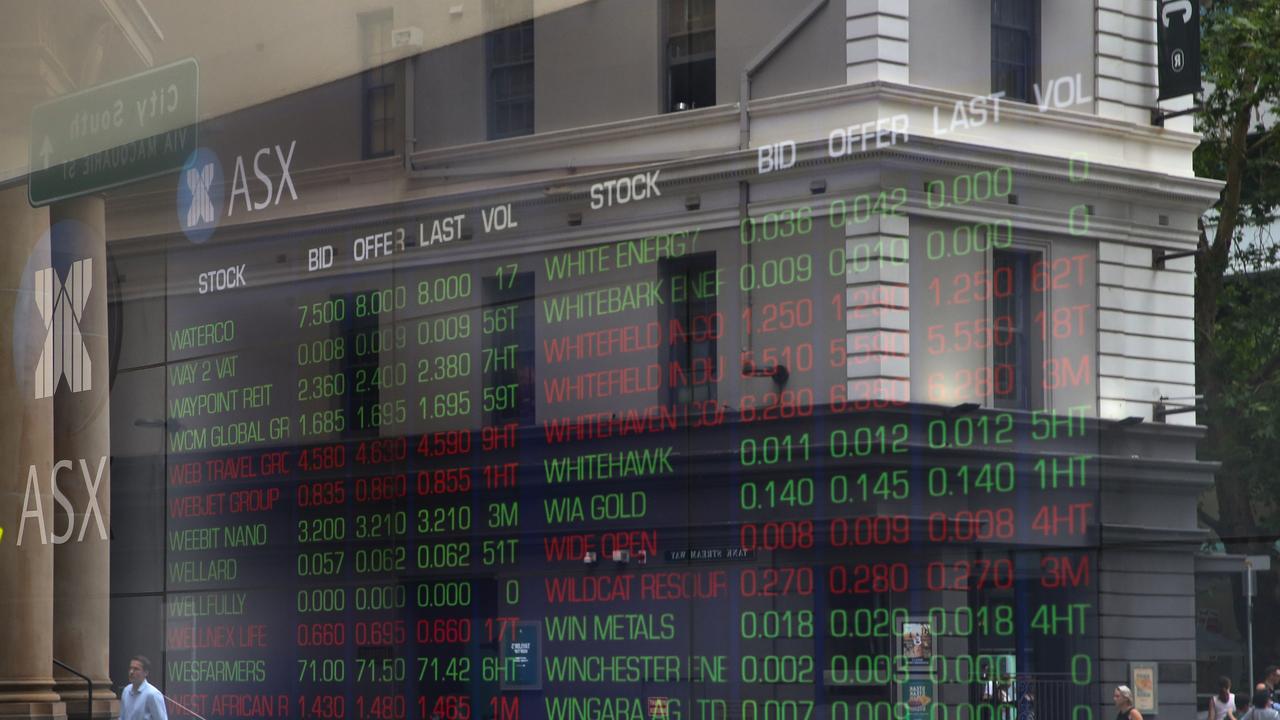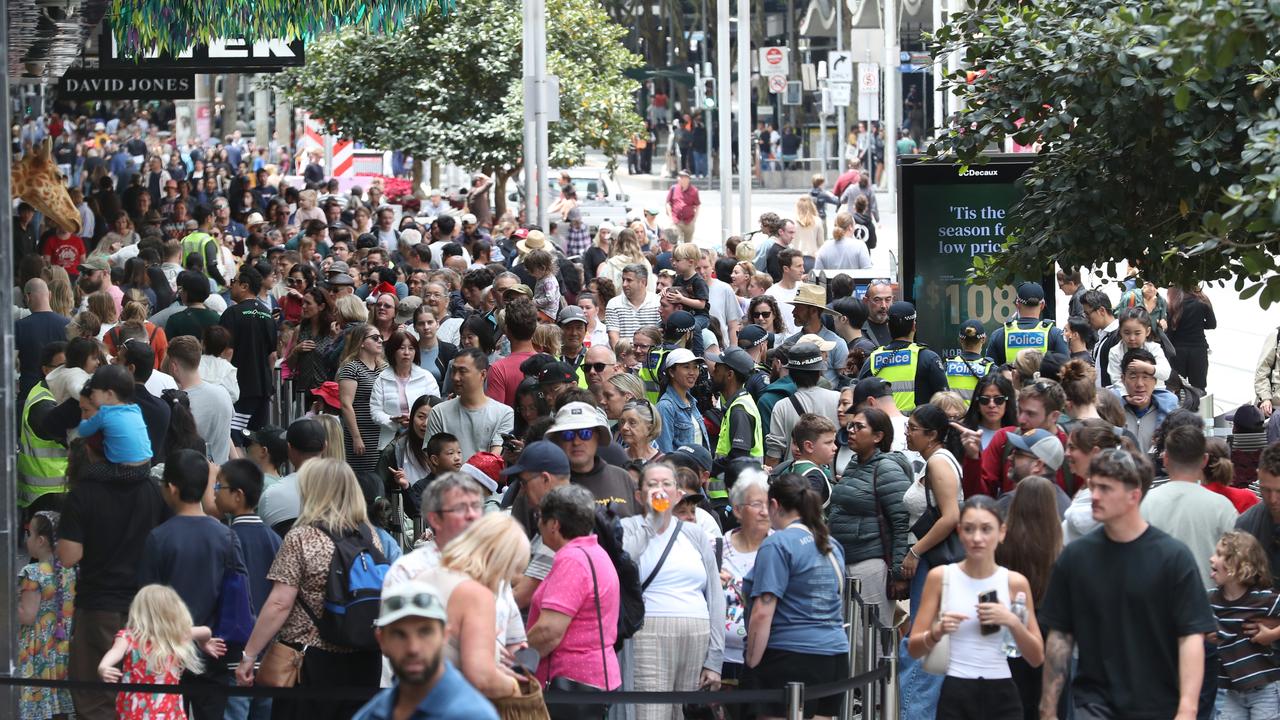RBA leaves cash rate on hold at 2.0 per cent
THE Reserve Bank has left the official cash rate on hold at 2.0 per cent, but renters could soon be slugged with increases.

Interest Rates
Don't miss out on the headlines from Interest Rates. Followed categories will be added to My News.
THE Reserve Bank has left the official cash rate on hold at 2.0 per cent.
The move was widely predicted by economists. The RBA last cut rates in May to their lowest point in history, following an earlier cut in February.
Comparison website Finder.com.au said all 31 economists in its monthly survey predicted the cash rate to hold, but warned monthly rents could be set to rise if landlords pass on the full cost of new interest rates on investor loans.
AMP Capital chief economist Dr Shane Oliver said not much had changed since the last RBA meeting. “The prospect of another rate cut [before the end of the year] remains on the table, but at this stage they don’t seem to be motivated to do anything about it,” he said.
Dr Oliver said house price growth in Sydney and Melbourne was still strong and today’s retail sales figures were better than expected, but the flip side was weaker investment outlook.
“They’ll probably want to see more evidence that APRA’s moves to slow property investor buying in Sydney and Melbourne have worked,” he said.
Dr Oliver agreed that landlords could be set to pass on the interest rate rises to renters. “They could pass some of that on, yes.”
Finder.com.au money expert Michelle Hutchison said national monthly rents could be set to increase by 2.8 per cent ($59.40) per month, calculated based on the average home loan of $343,000 over 30 years.
“For low income households with one person on the minimum wage, this increase could account for 2 per cent of annual income,” she said. “This is based on the national minimum annual salary of $34,158.80.
“Whether you’re a mortgage holder, renter or prospective first homebuyer, watch out for higher costs on the way and make sure you are prepared by keeping some savings aside before it’s too late.”
In a statement, RBA Governor Glenn Stevens said monetary policy “needs to be accommodative”. “Dwelling prices continue to rise strongly in Sydney, though trends have been more varied in a number of other cities,” he said.
“The Bank is working with other regulators to assess and contain risks that may arise from the housing market. In other asset markets, prices for equities and commercial property have been supported by lower long-term interest rates. The Australian dollar is adjusting to the significant declines in key commodity prices.”

Originally published as RBA leaves cash rate on hold at 2.0 per cent



